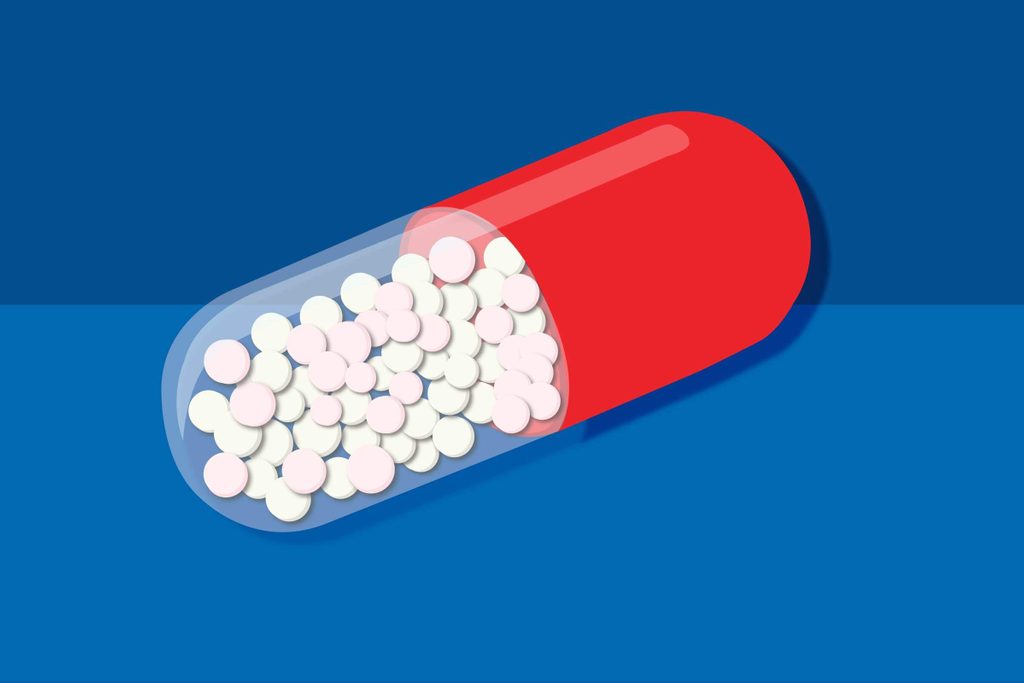
The real skinny on multivitamins
Millions of us take multivitamins daily to make up for any nutritional shortfalls, but new research suggests that we may not be getting what we paid for. Fully 46 percent of the multivitamins tested by Consumer Lab failed to live up to their labels. Researchers tested 35 popular multivitamins for key nutrients including folic acid, calcium, vitamin A and more to see how they held up. They also tested tablets for their ability to break down fast enough in liquid (disintegration).
“Some had fewer nutrients than the label stated, some had way more, and some didn’t disintegrate properly which impairs absorption,” explains Tod Cooperman, MD, president of ConsumerLab.com in White Plains, New York, Specifically 12 multivitamins contained as much as 24 percent less or as much as 157 percent more vitamin A, vitamin D, folate from folic acid, and/or calcium than listed on labels. This is worrisome as too much or too little of key nutrients can jeopardize your health. Popping megadoses of vitamin E and vitamin A are among the vitamin mistakes you may not realize that you are making.

Skip the gummies
Are vitamins really that good for you? Probably not if they come in gummy form (or are any of these eight that are a waste of money). Eighty percent of gummies didn’t pass muster in the new study. “This is a big deal because these are extremely popular,” Dr. Cooperman says. There are many reasons that gummies fared so poorly. “They are complicated to manufacture,” he says. They also have to taste great as that is part of their lure. “Manufacturers may not put in things that you need such as calcium or iron because they don’t taste great.” His take? “Avoid the gummies because you may not be getting iron or other important nutrients.
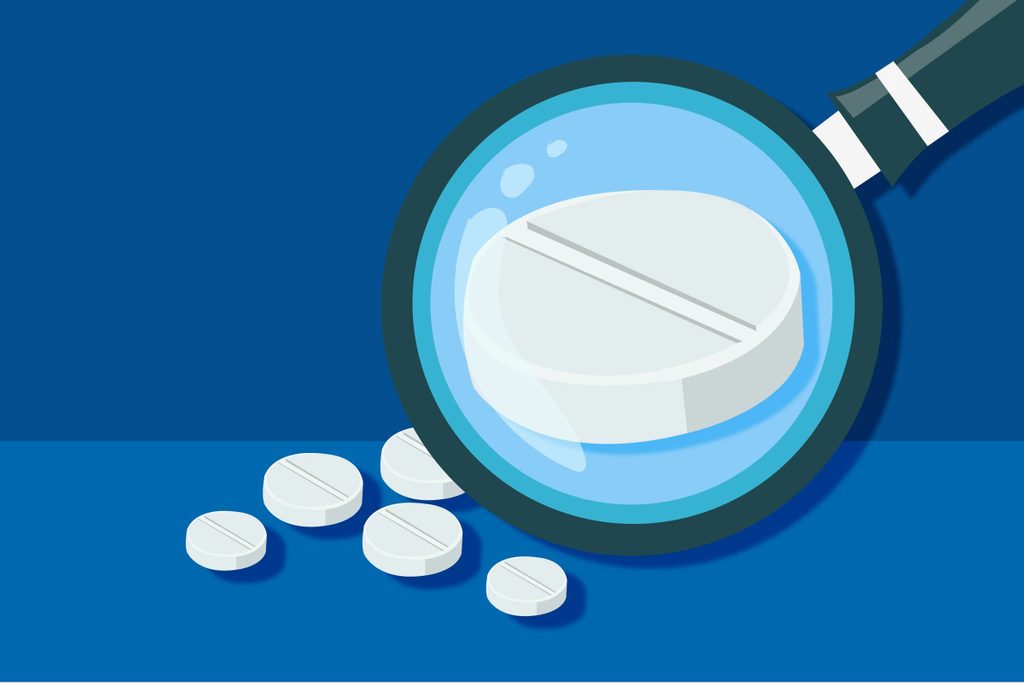
Think small
Larger-sized multivitamins were also more likely to fail, Dr. Cooperman says. “If they are too large, they don’t break down fast enough,” he says. Ideally, it should take 30 minutes for a vitamin to break down, which happens to be the standard established by the United States Pharmacopeia. “Larger-sized pills can take up to an hour to break down in your digestive tract, so it is unclear how much you will absorb,” he says. Avoid long, wide-shaped pills in favor of smaller, thinner ones. “Smaller vitamins are more likely to break apart quickly,” he says. There are some other clever hacks to make your vitamins more effective too.
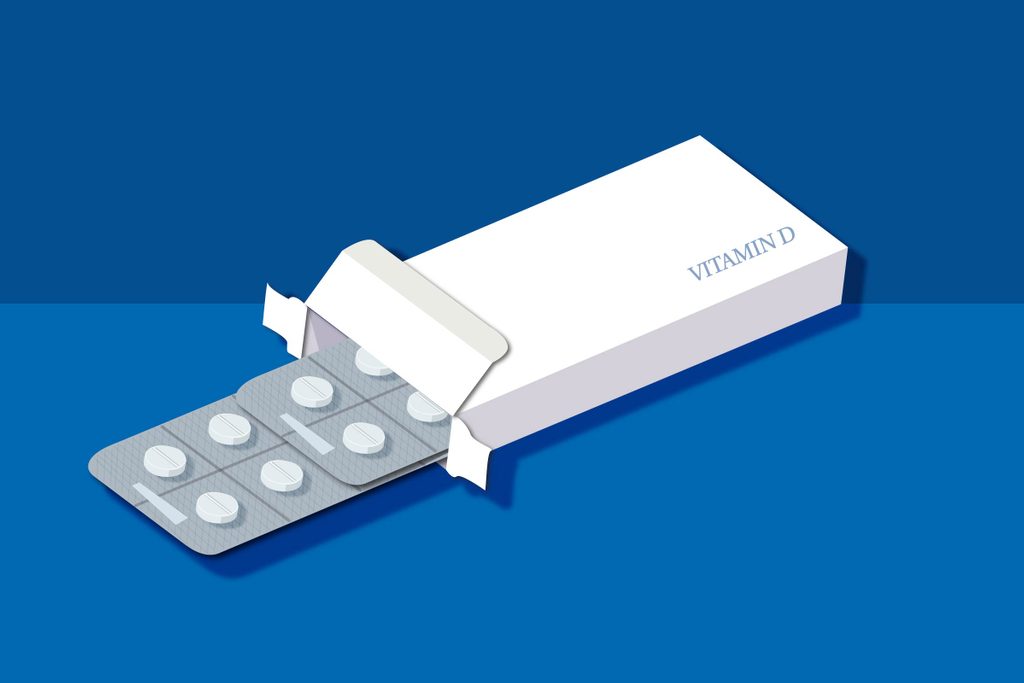
Be specific
Single ingredient vitamins or minerals are your best bet, Dr. Cooperman says. “If you are taking vitamin C, there is a 90 percent chance the supplement will contain what it claims,” he says, adding that this is true with most single-ingredient supplements. This counsel is especially important if you are deficient in a particular nutrient such as vitamin D, iron or calcium, he says. Are you running on empty? Here’s how to tell if you show any signs of vitamin deficiency.
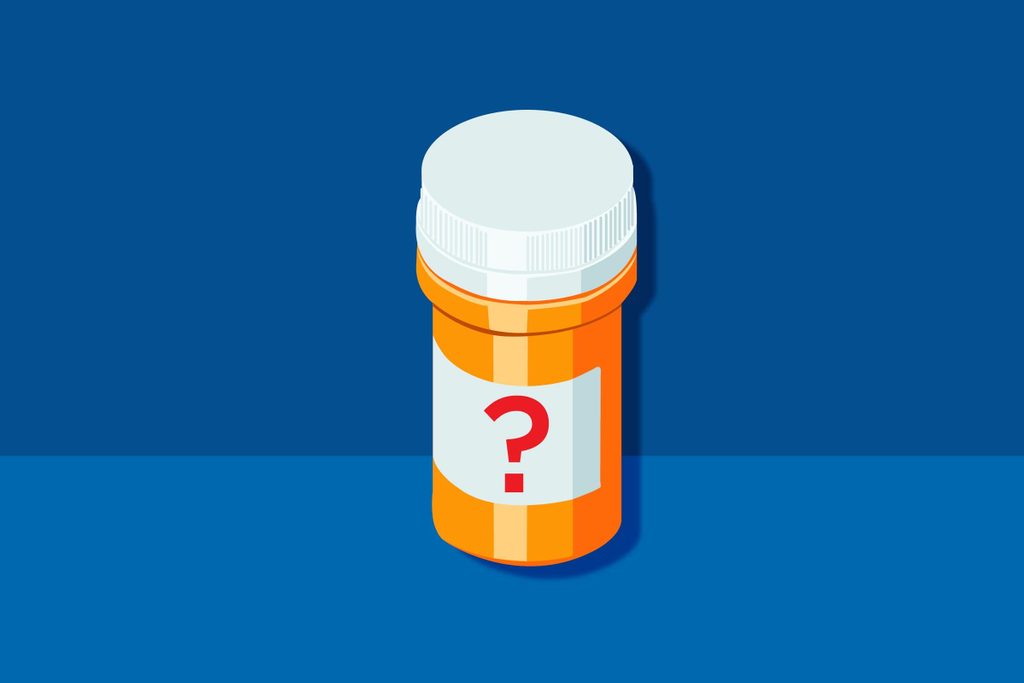
Don’t believe everything you read
Want in on a vitamin manufacturers’ secret? The daily value (DV) information on vitamin labels was updated in July 2016, but manufacturers have until July 2019 to comply make the changes. “You can’t go by the labels in all cases,” Dr. Cooperman says. If you do, you may get too much or too little of a given nutrient. For example, if you are taking folic acid, you may be getting too much, and high doses from supplements can complicate the diagnosis of vitamin B-12 deficiency, opening the door for possible kidney damage.
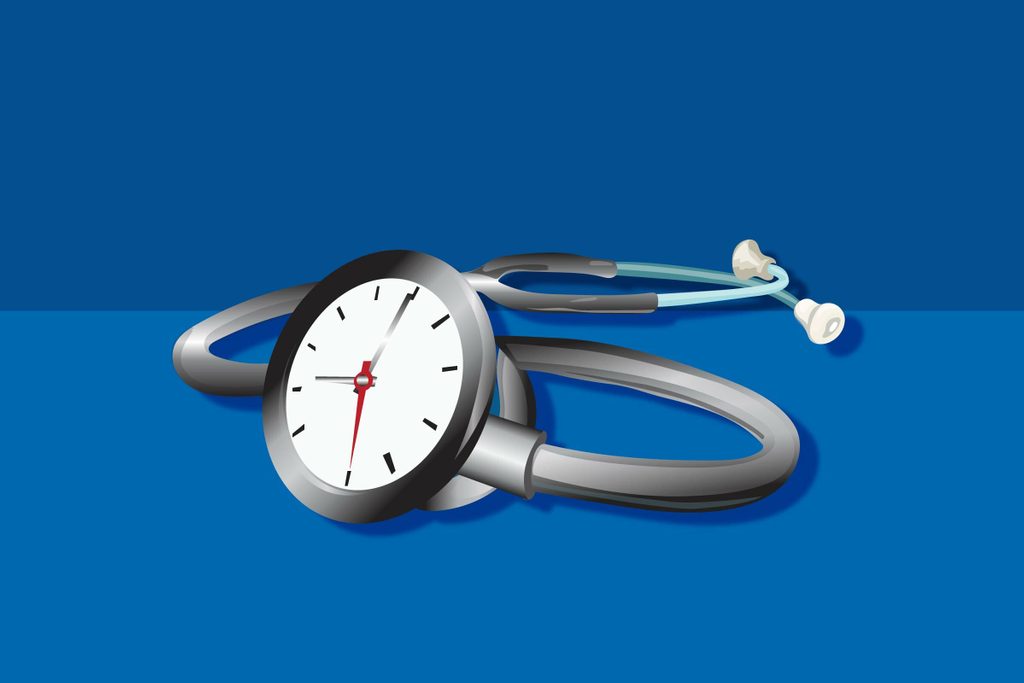
Know where you stand
Before you start popping supplements willy nilly, see your doctor for an exam to find out where your nutritional health is, says Arthur Heller, MD, a primary care doctor in New York City. Blood tests can measure your levels of key nutrients like iron and vitamin D. There are some groups of people who are more likely to need to take supplements such as pregnant women, individuals with chronic disease or those on restricted diets, he says. (Here’s when to know if you should get your vitamin D levels checked.)
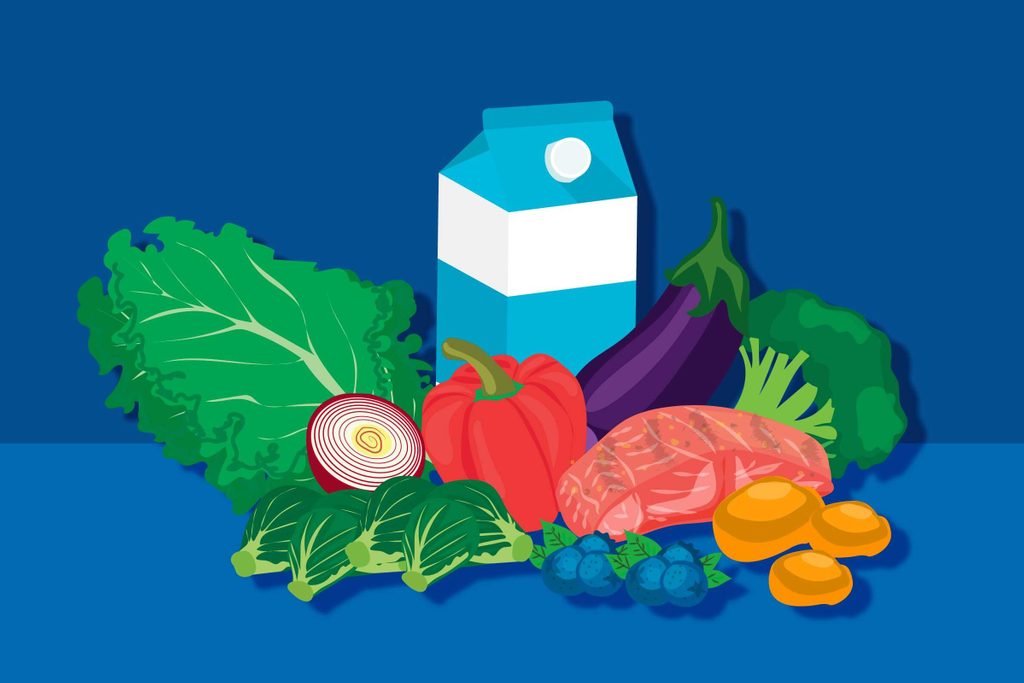
Eat a healthful diet
If you consume a healthy diet rich in fruits, vegetables, whole grains, lean protein and low-fat dairy, you likely won’t need a multivitamin anyway, says Boston-based nutritionist Dana Greene, RD. “Foods provide things that a pill can’t,” she says. “It’s not about isolating a magic ingredient but how all of the nutrients in a food work together, synergistically.” See an RD to discuss your diet before taking supplements. “An RD can help tweak what you are eating to compensate for any gaps in nutrition.” Check out these 33 healthy foods that are way more nutritious than you realized.
